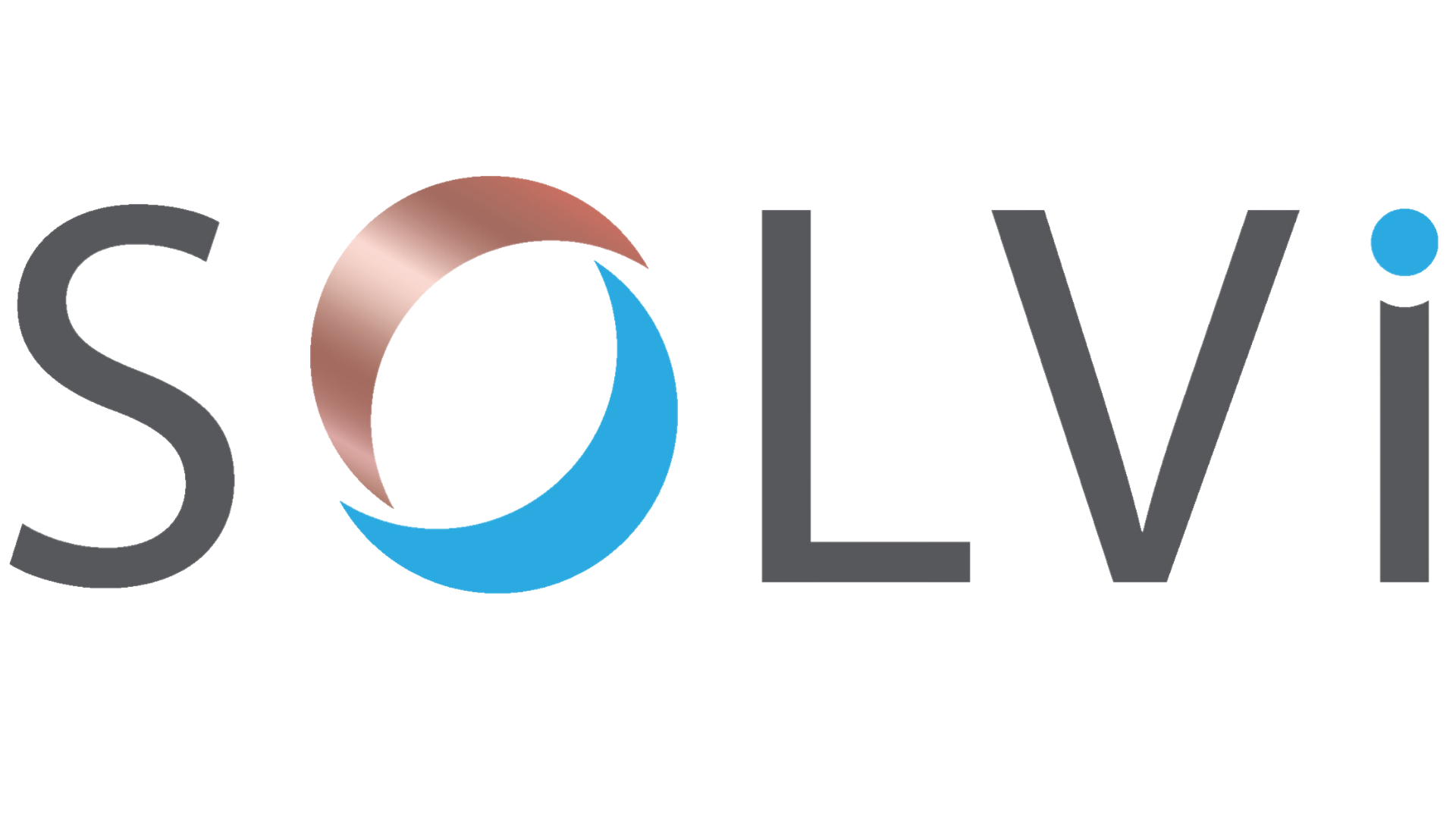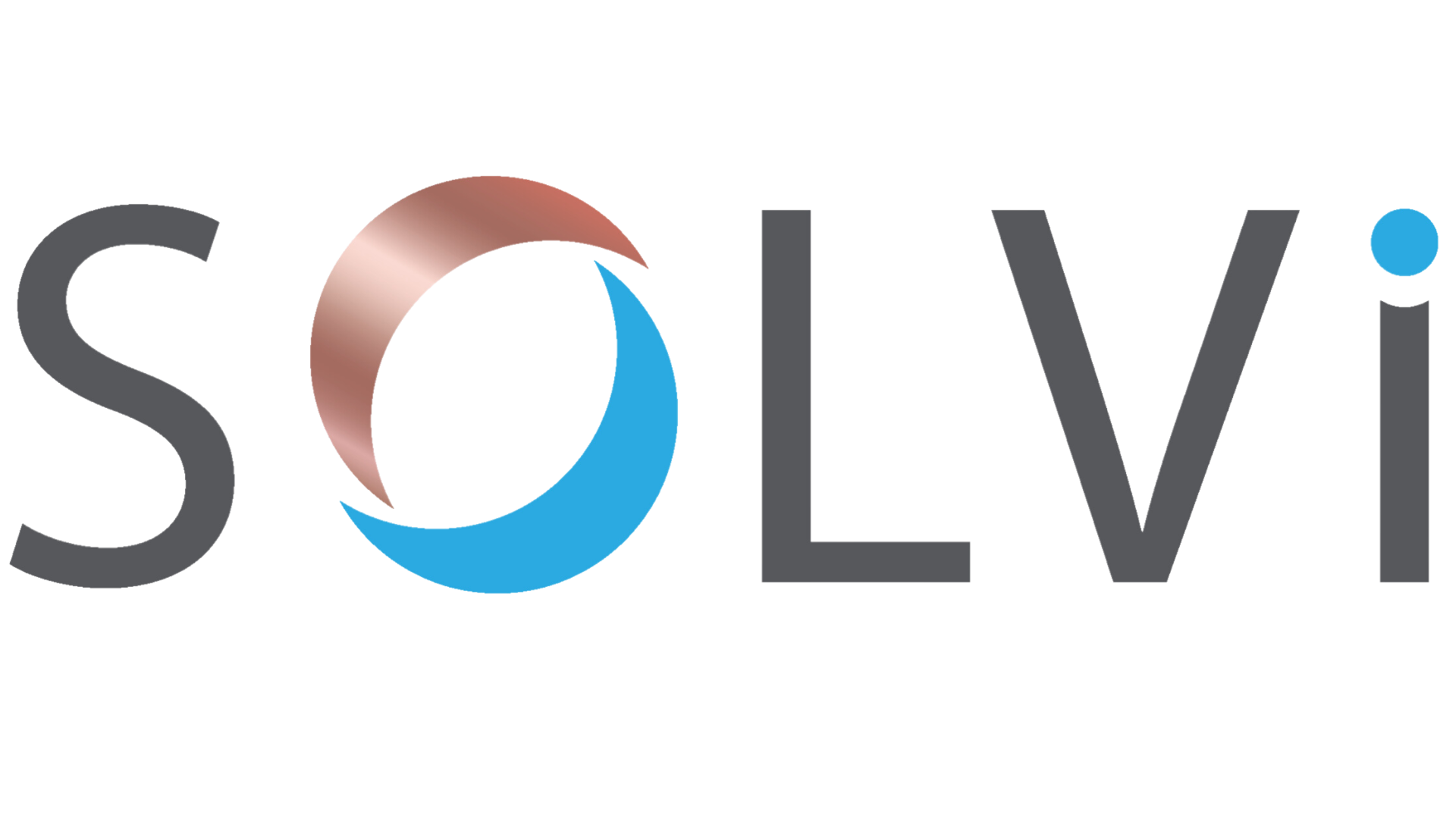Australia is a great place to live and work. Our passion is to help Registered Nurses living overseas to work and experience the great Aussie lifestyle. However, navigating the complexities of migrating to Australia can be daunting.
SOLVi Migration has been assisting nurses to gain registration and successfully migrate independently. Our dedicated team of legal experts specialises in guiding overseas registered nurses through the intricate visa and registration processes, ensuring a smooth transition to working in Australia.
We are committed to providing personalised support every step of the way, from initial eligibility assessments and visa applications to professional registration and employment advice. Trust us to help you achieve your dream of a rewarding nursing career in Australia.

VISA’S WE CAN HELP WITH

Employer Sponsored

Skilled Independent
MAKING AUSTRALIAN MIGRATION EASY

Can You Bring Your Family to Australia? A Comprehensive Guide for Migrating Nurses
When considering a move to Australia as a nurse, one of the most important questions is: Can I bring my family with me? The good news is that Australia has visa pathways that allow you to bring your immediate family members—your partner, children, and, in some cases, your parents. However, the process for bringing your family is not always straightforward, and there are specific rules and visa options you need to be aware of.
In this blog, we will explore the options available to bring your family with you when you migrate to Australia, including the requirements for partners, children, and parents. We’ll also discuss the complexities of sponsoring parents and why bringing siblings along is generally not possible.
Bringing Your Partner to Australia
Australia recognises various types of relationships for migration purposes, including marriages, de facto relationships, and same-sex relationships. Whether you are legally married or in a long-term relationship, your partner can generally be included in your visa application as a dependent.
Married Couples
If you are legally married, your spouse can be included in your visa application. You’ll need to provide evidence of your marriage, such as a marriage certificate, and demonstrate that your relationship is genuine and ongoing.
De Facto Couples
For couples who are not married but are in a committed relationship, Australia recognises de facto relationships. To qualify as a de facto couple, you must have been living together in a genuine, ongoing relationship for at least 12 months prior to submitting your visa application. This applies to both opposite-sex and same-sex couples.
Evidence of your relationship can include joint rental agreements, shared financial responsibilities (such as joint bank accounts), and documentation that shows you have lived together for the required period. The key is to demonstrate that you are in a committed partnership akin to marriage, even if you are not legally married.
Same-Sex Couples
Australia fully recognises same-sex marriages and de facto relationships for migration purposes. The criteria for same-sex couples are identical to those for opposite-sex couples—whether you are legally married or in a long-term de facto relationship, your partner can be included in your visa application as long as you meet the evidence requirements.
Bringing Your Children to Australia
Bringing your children to Australia is generally straightforward if they meet the definition of a dependent child. This usually includes biological children, adopted children, or stepchildren under the age of 18. In some cases, children over the age of 18 can be included if they are financially dependent on you.
Dependent Children Under 18
For children under the age of 18, you’ll need to provide evidence of their identity, such as a birth certificate, and demonstrate that you have legal custody of the child. If you share custody with another parent, you may also need to provide evidence that the other parent consents to the child migrating to Australia.
Children Over 18
Children over the age of 18 can be included in your visa application if they are financially dependent on you. For example, if your adult child is studying full-time and relies on you for financial support, they may be considered a dependent. You’ll need to provide proof of their enrolment in education, as well as evidence that you are financially supporting them.
Children over the age of 18 who are not financially dependent on you will need to apply for their own visa based on their skills or circumstances.
Can You Bring Your Parents to Australia?
Sponsoring your parents to migrate to Australia is possible but significantly more complex, costly, and time-consuming than bringing a partner or children. Australia has specific visa pathways for parents, but these visas often come with long waiting periods and significant costs.
Parent Visa Options
There are two main pathways for sponsoring parents to come to Australia:
Contributory Parent Visas: This visa option requires a substantial financial contribution (often tens of thousands of dollars), but it has a shorter waiting period compared to non-contributory visas. Despite the high costs, there is still a 12-year wait time for contributory parent visas. After obtaining this visa, your parents can become permanent residents of Australia.
Non-Contributory Parent Visas: This is a more affordable option but comes with extremely long waiting periods. Current estimates for non-contributory parent visas exceed 25 years, making this option unrealistic for most families in the short term. These visas allow parents to live in Australia as permanent residents, but due to the wait times, they are not a feasible option for families looking to bring their parents over quickly.
Both parent visa types require applicants to pass the balance of family test, which means that at least half of their children must live permanently in Australia, or more of their children must reside in Australia than in any other single country.
Temporary Sponsored Parent Visas
If you’re looking for a shorter-term solution, Australia offers Temporary Sponsored Parent Visas. These visas allow parents to stay in Australia for 3 to 5 years, with the option to apply for a second visa for an additional stay of up to five years. However, there are some important caveats to be aware of:
Private Health Insurance: Your parents must maintain private health insurance for the duration of their stay.
No Work Rights: Parents on these visas are not permitted to work while in Australia.
No Pathway to Permanent Residency: This visa does not lead to permanent residency, meaning your parents will eventually need to return to their home country or apply for another visa if they wish to stay longer.
This temporary visa can be a good option for families who want their parents to stay in Australia for an extended period without the need for permanent residency. However, it is important to note that the visa must be sponsored by an eligible Australian child, and there are financial obligations and sponsorship requirements that must be met.
Can You Bring Your Siblings to Australia?
Unfortunately, bringing siblings to Australia as dependents is not possible under most circumstances. The Australian immigration system does not allow siblings to be included in visa applications unless they are under the age of 18 and your parents are deceased. In such cases, they may be eligible for an Orphan Relative Visa.
For adult siblings, there are no direct migration pathways unless they qualify independently for a skilled visa. For example, if your sibling is also a nurse or holds another occupation in demand, they could apply for a skilled migration visa based on their own qualifications and work experience. Alternatively, if your sibling has a job offer from an Australian employer, they may be able to apply for an employer-sponsored visa.
Why Professional Legal Advice Is Essential
Bringing your family to Australia is possible, but the process can be complex, particularly when it comes to proving relationships, financial dependency, and navigating the specific visa pathways for parents. Additionally, it’s important to understand the limitations of certain visas, such as the Temporary Sponsored Parent Visa, which does not lead to permanent residency.
At SOLVi Migration, our experienced team of immigration lawyers can guide you through the intricacies of family migration. Whether you are looking to bring your partner, children, or parents to Australia, we can help you understand the best visa options for your situation and ensure that your application is completed correctly and efficiently.
Conclusion: Can You Bring Your Family to Australia?
Yes, you can bring your immediate family to Australia—your partner, children, and, in some cases, your parents. Australia recognises both marriages and de facto relationships (including same-sex relationships), and children under 18 can generally be included in your visa application. Sponsoring parents, however, is a more complex process that involves significant costs and long waiting periods, though temporary options like the Temporary Sponsored Parent Visa may provide a solution for those seeking to have their parents join them in Australia for a few years.
While the process can be complex, it is certainly possible to bring your family to Australia with the right guidance and preparation. At SOLVi Migration, we are here to help you every step of the way—ensuring that your family can join you in Australia and begin your new life together Down Under.
If you’re ready to explore your options for bringing your family to Australia, book a consultation with one of our expert immigration lawyers today!

✅ Need help with AHPRA registration? Join our Nurse Registration Course.
Get cost-effective, expert guidance and access to a supportive community so you can secure your AHPRA registration and move forward with your migration plans.
FAQS
What qualifications do I need as a nurse to migrate to Australia?
Generally, you will need a nursing qualification that is recognised in Australia, such as a bachelor’s degree in nursing or an equivalent qualification. You will also need to meet registration requirements with the Australian Health Practitioner Regulation Agency (AHPRA).
What is the process for registering as a nurse in Australia?
To practice as a nurse in Australia, you must be registered with AHPRA. The process involves submitting an application, providing proof of your qualifications and professional experience, and meeting English language requirements. Our team can assist you with this process - Read More.
Will I need a skills assessment?
Yes, most visa applications for nurses require a skills assessment conducted by the Australian Nursing and Midwifery Accreditation Council (ANMAC). This assessment ensures your qualifications and experience meet Australian standards. We can assist you with preparing and submitting your skills assessment application. Read more ...
What are the English requirements?
Depending on the pathway you gain registration and what visa pathway you take, the English requirements can vary from Competent to Proficient levels of English. Read More ...
What if me or my family has a health condition?
If you or a family member has a health condition, it is important to have the possible impact on your migration assessed by a professional before you submit any visa application. The Department of Home Affairs will require health assessments to ensure the condition does not pose a significant cost or burden to the Australian healthcare system. We can help you understand the implications and prepare the necessary documentation. Read more ...
What if me or my family have a character issue?
Character issues, such as past criminal records, must be disclosed in your visa application. The Department of Home Affairs assesses character issues on a case-by-case basis. We can provide advice on how to address these issues and the potential impact on your application.
Are visa fees refundable?
Visa fees are generally non-refundable, even if your application is refused or withdrawn. It is crucial to ensure your application is complete and meets all requirements to avoid losing your fee. Our team can help you prepare a strong application to minimise the risk of refusal.
What if I've been refused a visa in the past?
If you have been refused a visa in the past, it is essential to understand the reasons for the refusal and address them in any new application. We can review your previous refusal and advise on the best course of action to improve your chances of success.
Can I bring my family with me?
Yes, many visa types allow you to include eligible family members, such as your spouse or partner and dependent children, in your application. We can advise on the requirements and process for including your family in your migration plans.
Can't you find my a sponsor to pay for everything?
While some employers may offer sponsorship, which can cover visa and relocation costs, it is important to understand the conditions tied to employer-sponsored visas. Also worth noting, a sponsor is not legally required to pay your application fees. These conditions can include staying with the employer for a certain period. We can help you explore your options and find the best pathway for your situation. Read more ...
How long will the process take?
The processing time for visa applications can vary depending on the type of visa and individual circumstances. Generally, it can take from a few months to over a year. Our team will provide an estimated timeline based on your specific situation and keep you updated throughout the process.
What are the costs of migrating?
Costs can include visa application fees, skills assessment fees, and potentially relocation expenses. The exact costs will depend on the visa pathway you choose and any additional services you require. We will provide you with a transparent breakdown of costs during your consultation. Read more...
DOWNLOAD OUR FREE GUIDE ON EVERYTHING YOU NEED TO KNOW TO WORK IN AUSTRALIA
Contact Us
All RIGHTS RESERVED LIABILITY LIMITED BY A SCHEME APPROVED UNDER PROFESSIONAL STANDARDS LEGISLATION. LEGAL PRACTITIONERS EMPLOYED BY SOLVI PTY LTD (ABN 16 658 861 182) ARE MEMBERS OF THE SCHEME.
The information published on this webpage should not be taken as legal advice rather it should be considered for information purposes only.
COPYRIGHT © 2024 SOLVI PTY LTD
Contact Us
All RIGHTS RESERVED LIABILITY LIMITED BY A SCHEME APPROVED UNDER PROFESSIONAL STANDARDS LEGISLATION. LEGAL PRACTITIONERS EMPLOYED BY SOLVI PTY LTD (ABN 16 658 861 182) ARE MEMBERS OF THE SCHEME.
The information published on this webpage should not be taken as legal advice rather it should be considered for information purposes only.
COPYRIGHT © 2024 SOLVI PTY LTD








